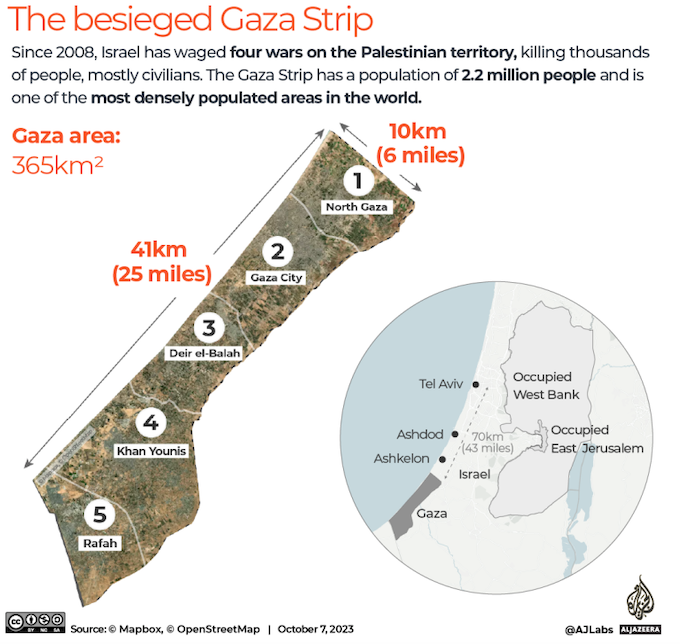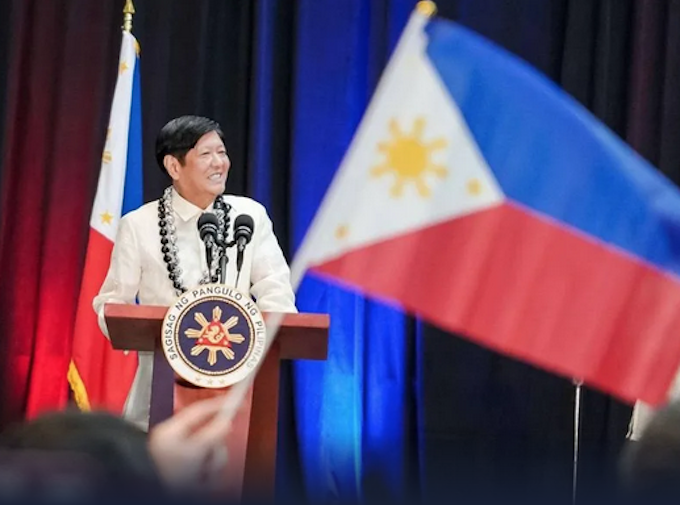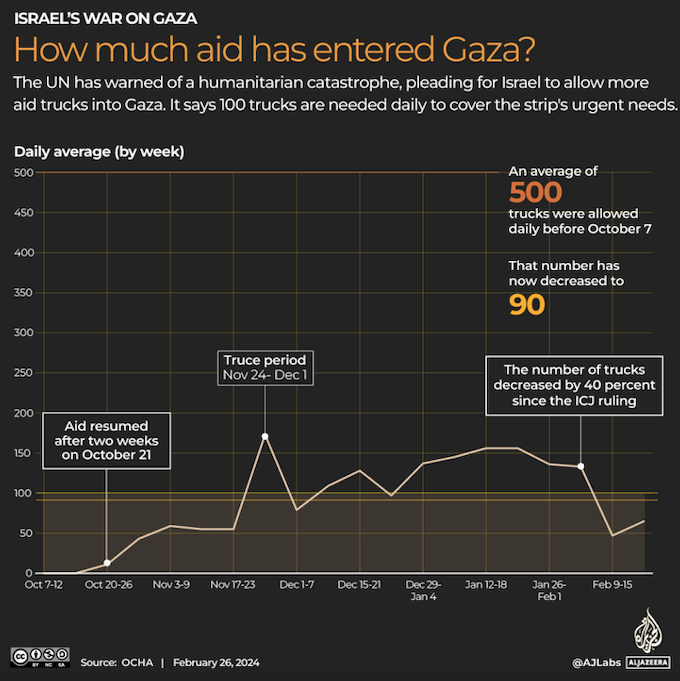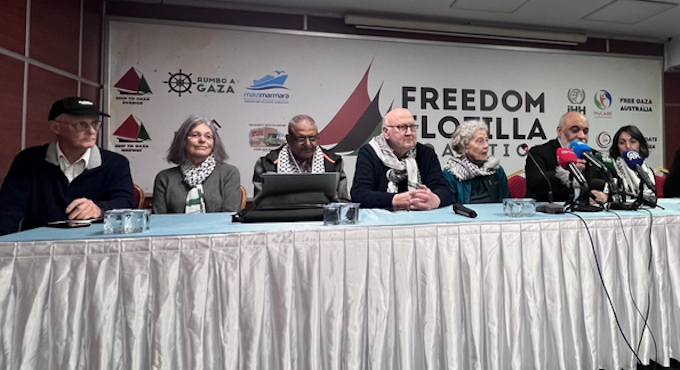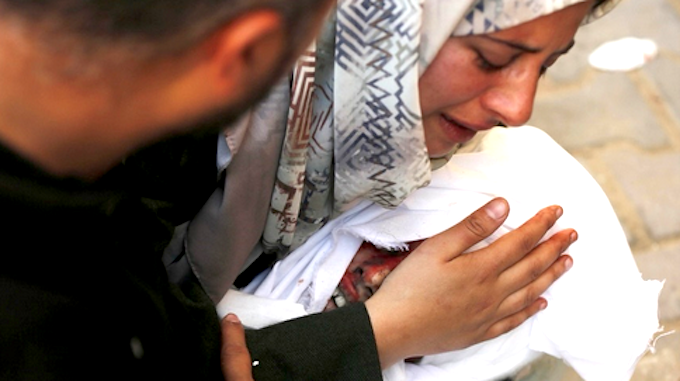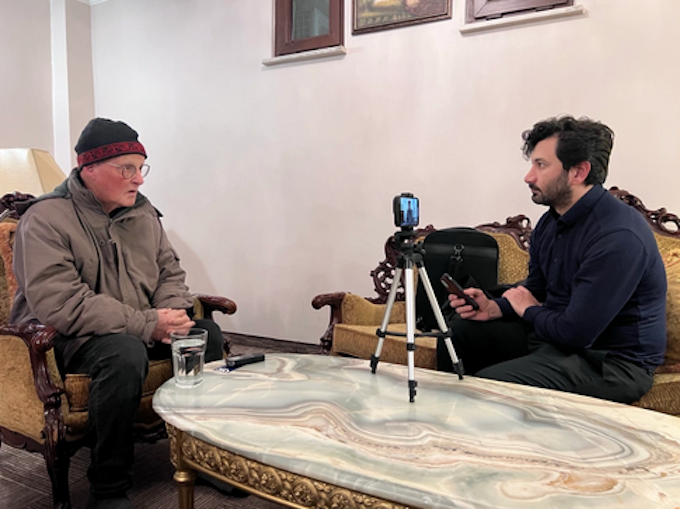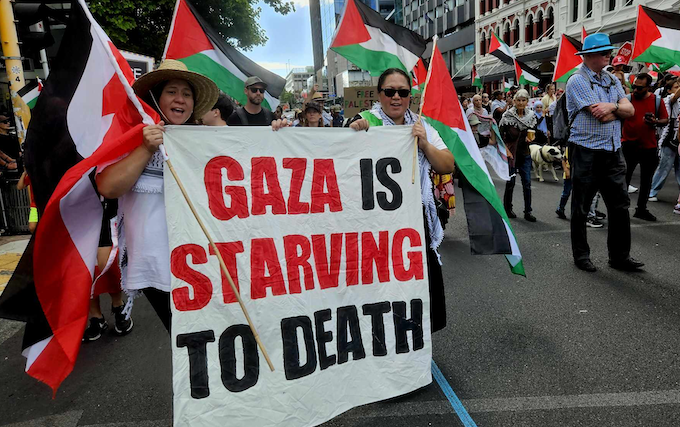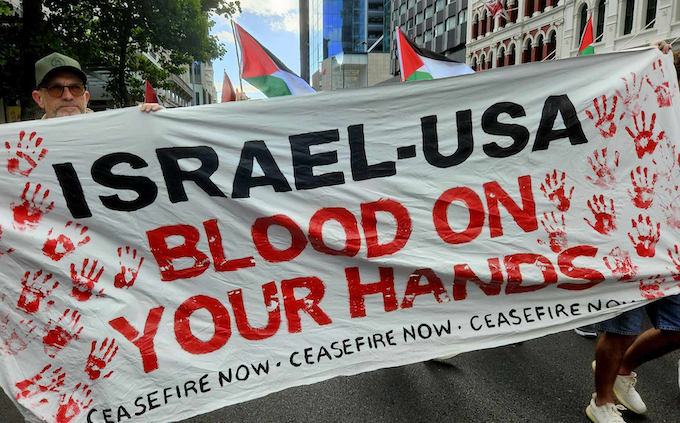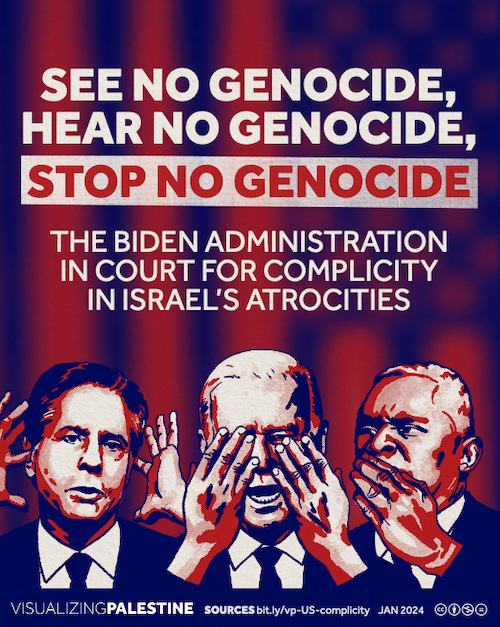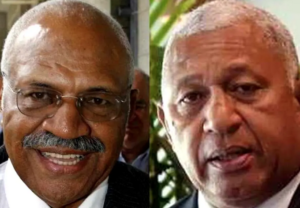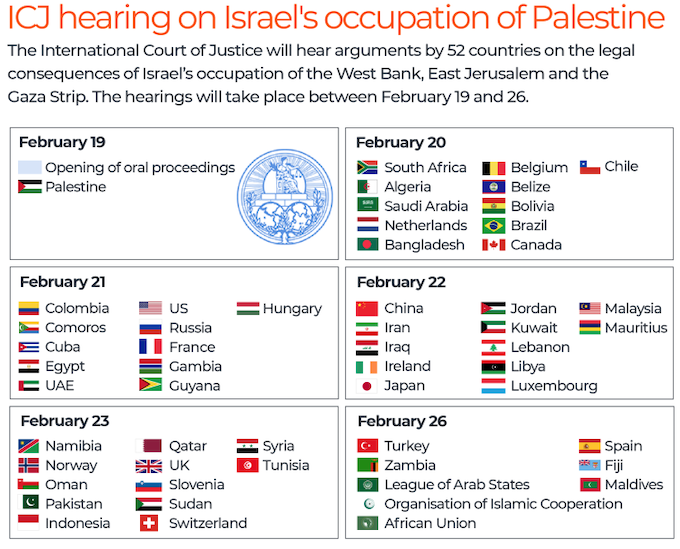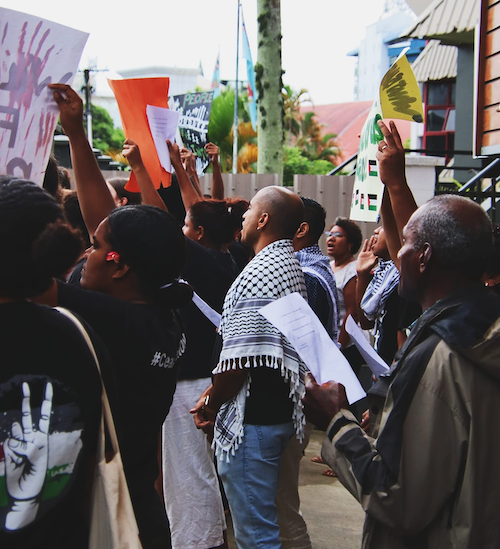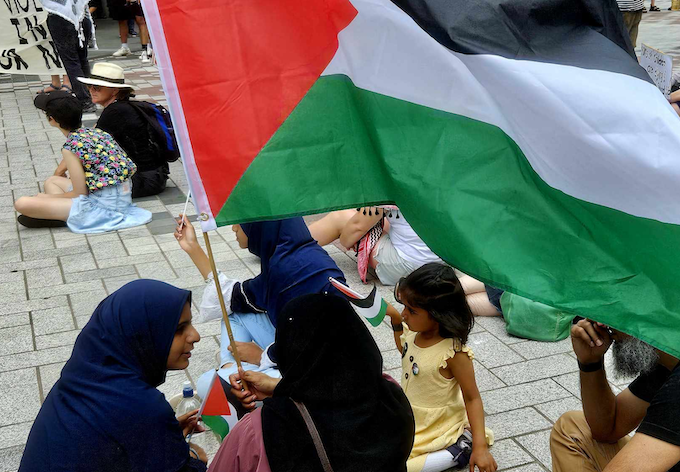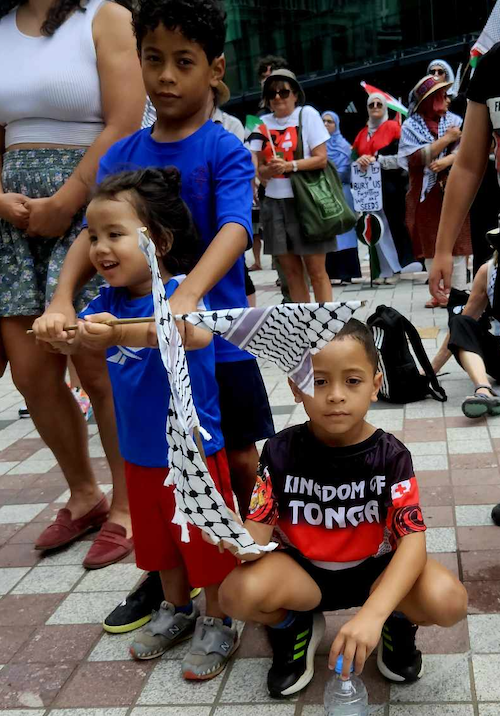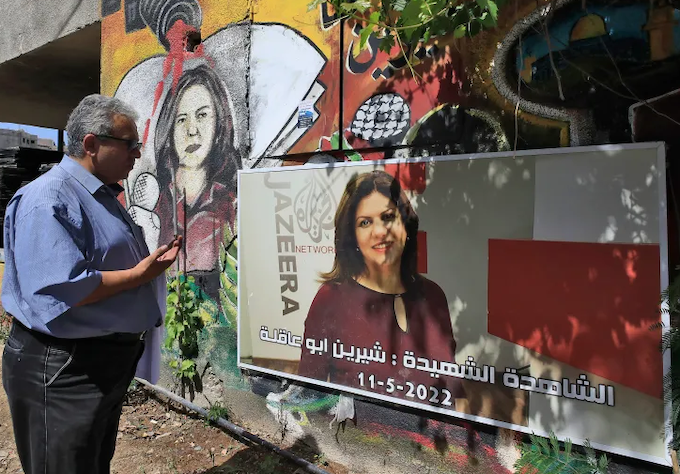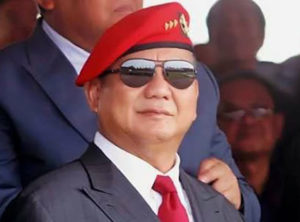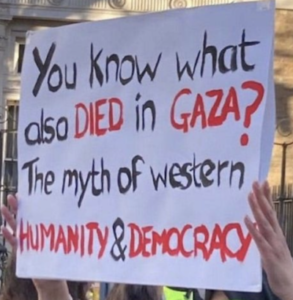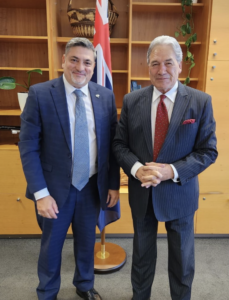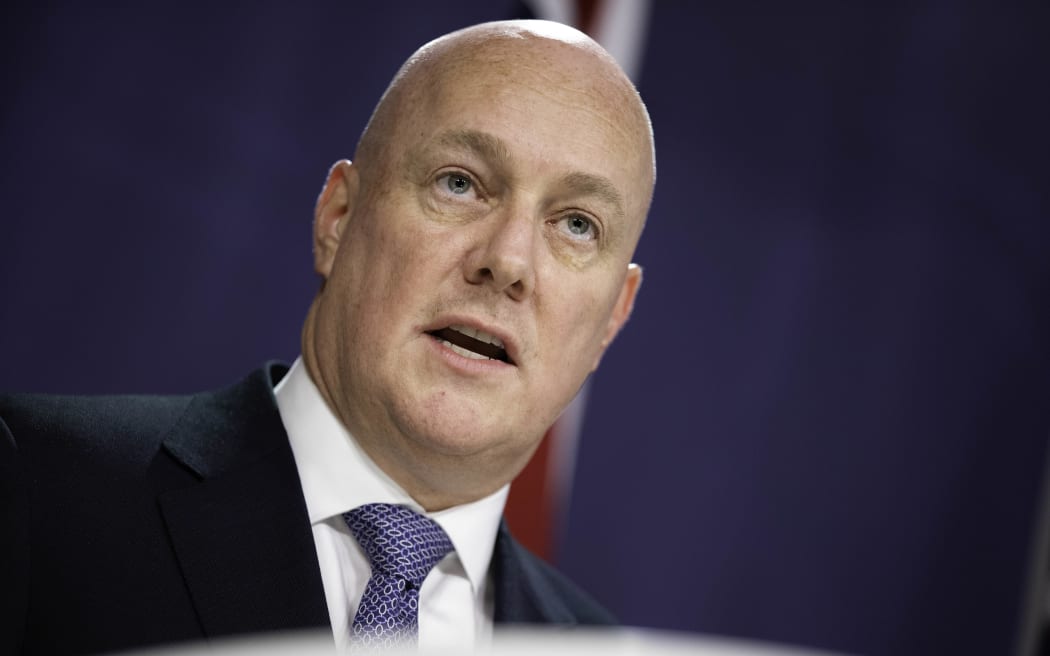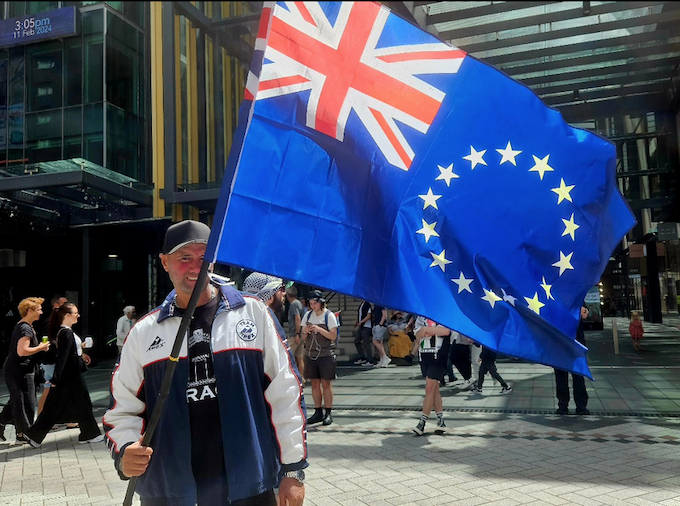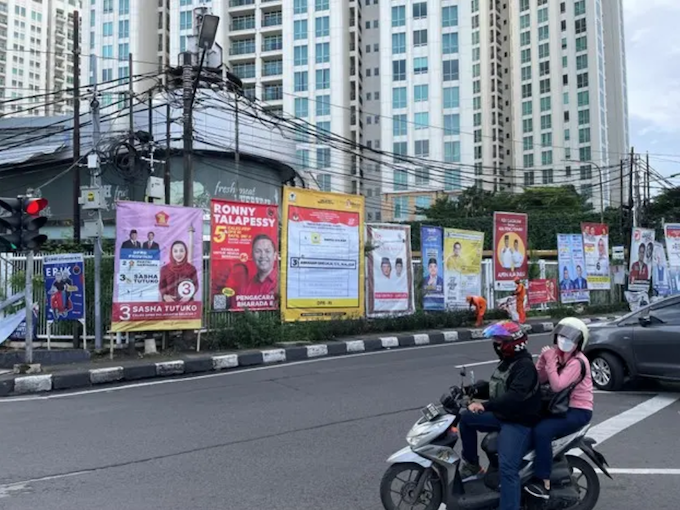COMMENTARY: By David Robie
New Zealand has taken another shameful act in its tone deaf approach to Israel’s War on Gaza this week by declaring Hamas a “terrorist entity” at a time when millions are marching worldwide for an immediate ceasefire and a lasting peace founded on an independent state of Palestine.
It would have been more realistic and just to condemn Israel for its genocidal war and five months of atrocities.
Instead, it has been corralled into the Five Eyes clique with an increasingly isolated United States as it continues to support the war with taxpayer funded armaments and providing the cloak of diplomacy.
It was really unwise of Prime Minister Christopher Luxon’s coalition government to declare the Hamas political wing as terrorist, after already having declared the military wing terrorist in 2010.
Many argue around the world with increasing insistence that actually Israel is a rogue terrorist state.
Also, it is very unlikely that Benjamin Netanyahu will succeed in his aims of “destroying” the Hamas movement, whatever the final outcome of the war.
As John Minto points out, Palestinian resistance movements have the right under international law to take up arms to fight against their colonial occupiers just as the African National Congress (ANC) had the right to take up arms to fight for freedom in apartheid South Africa.
Hamas represents an ideal, an independent Palestinian state and that can never be defeated.
Factions meet for unity
The various factions of the Palestinian resistance and political movements, including Fatah and Hamas, have been meeting in Moscow this week to settle their differences and stitch together a framework for a “Palestinian government of unity” as a basis for the future political architecture of independence.
Meet Gaza’s 11-year-old war reporter Sumayya Wushah, who says she was inspired by Shireen Abu Akleh to tell Palestine’s stories. pic.twitter.com/a7vB99nkqa
— Al Jazeera English (@AJEnglish) February 27, 2024
The United Nations General Assembly in 1969 — two years after the 1967 Six Day War when Israel seized Gaza from Egypt and Occupied West Bank from Jordan — recognised and reaffirmed “the inalienable rights of the Palestinian people to self-determination”.
This includes the right to choose their own representatives, including Hamas, a nationalist independence movement defending their illegally occupied territory, not a “terrorist” movement that the US and Israel try to have the world believe.
They are still very likely to be in the post-war line-up ending the status quo after five decades of illegal military occupation of Palestinian lands and the rash of illegal Israeli settlements.
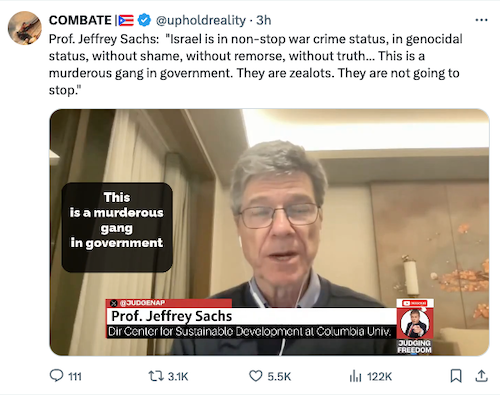
American economist and public policy analyst Professor Jeffrey Sachs summed up the reality over Israel’s colonial settler project in an interview this week by describing the Netanyahu government as a “murderous gang” and “zealots”, warning that “they are not going to stop”.
“Israel has deliberately starved the people of Gaza. Starved. I am not using an exaggeration.
“I’m talking literally starving a population,” said the director of the Centre for Sustainable Development at New York’s Columbia University.
‘Israel is criminal’
“Israel is a criminal. Israel is in non-stop war crime status. Now, I believe, it is in genocidal status, and it is without shame, without remorse, without truth, without insight into what it is doing.
“But what it is doing is endangering Israel’s fundamental security because it is driving the world to believe that the Israeli state is not legitimate.
“This will stop when the United States stops providing the munitions to Israel. It will not be by any self-control in Israel. There is none in this government.
“This is a murderous gang in government right now. These are zealots. They have some messianic vision of controlling all of today’s Palestinian lands. They are not going to stop.
“They believe in ethnic cleansing, or worse, depending on whatever is needed. And it is, again, the United States, which is the sole support. And it our mumbling, bumbling president and the others that are not stopping this slaughter.”
In addition, to the growing massive protests around the world against the Israeli extremism, a growing number of countries and organisations, inspired by two International Court of Justice cases against Israel — one by South Africa alleging genocide by Israel and the other by the UNGA seeking a ruling on the legality of Israel’s military occupation of Palestine — have introduced lawsuits.
A Dutch court last month ordered the government to block all exports of F-35 fighter jet parts to Israel following concern that the country may be violating international laws such as the Genocide Convention.
Follow-up lawsuit
South Africa is preparing a follow-up lawsuit against the US and the UK for “complicity” in Israel’s war crimes in Gaza. South African lawyer lawyer Wikus Van Rensburg said: “The United States must now be held accountable for the crimes it committed.”
Nicaragua is suing Germany at the ICJ for funding Israel – its export of weapons and munitions to the country has risen ten-fold since the Hamas deadly attack on Israel last October 7 — and cutting aid to the UN Palestinian refugee agency (UNRWA), the major humanitarian agency in Gaza.
It has called for emergency measures that would force Germany to cease military aid to Israel, and restart funding to the UNRWA.
Nicaragua lawyers said in their lawsuit that the action was necessary because of Germany’s “participation in the ongoing plausible genocide and serious breaches of international humanitarian law” in Gaza.
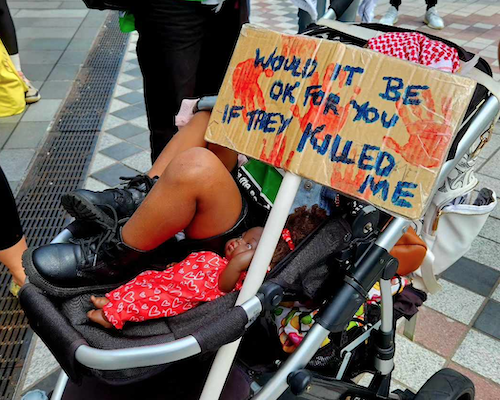
Instead of joining the US-led coalition in the Red Sea operation against the Houthis, who are targeting US, UK and Israeli-linked ships to disrupt maritime trade in support of the Palestinians, New Zealand would have been more constructive by joining the South African case against Israel in The Hague.
Principle before profit if New Zealand is really committed to international rules based diplomacy.
Nicaragua lawyers said in their lawsuit that the action was necessary because of Germany’s “participation in the ongoing plausible genocide and serious breaches of international humanitarian law” in Gaza.
No time to be ‘neutral’
This is no time to be “neutral” over the War on Gaza, there are fundamental issues of global justice and human rights at stake. As various global aid officials have been saying, every day that passes without a ceasefire and a step towards an independent Palestine as a long-term solution means more children dying of starvation or from the bombing.
The death toll is already a staggering more than 30,000 — mostly women and children. The war is clearly directed at the people of Gaza, collective punishment.
Australian columnist Caitlin Johnstone warns against neutrality, advice that might have been heeded by New Zealand’s foreign affairs advisers.
“At least be real with yourself that by refusing to pick a position you are licking the boot of a nuclear-armed ethnostate that is backed by the most powerful empire the world has ever seen.”
And that impunity needs to end.
This post was originally published on Asia Pacific Report.
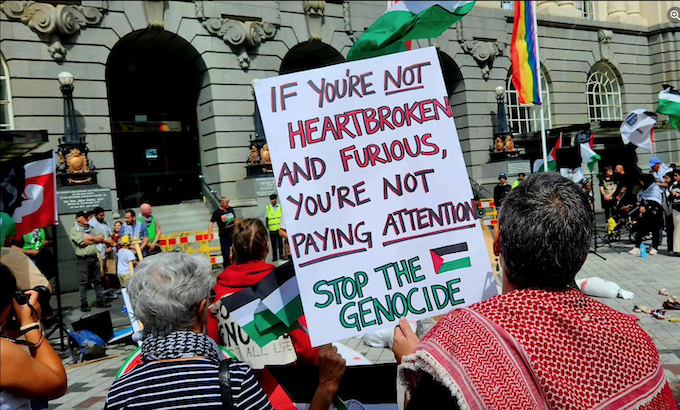
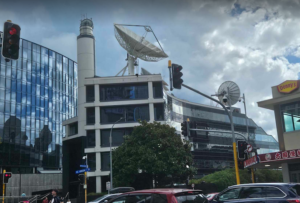
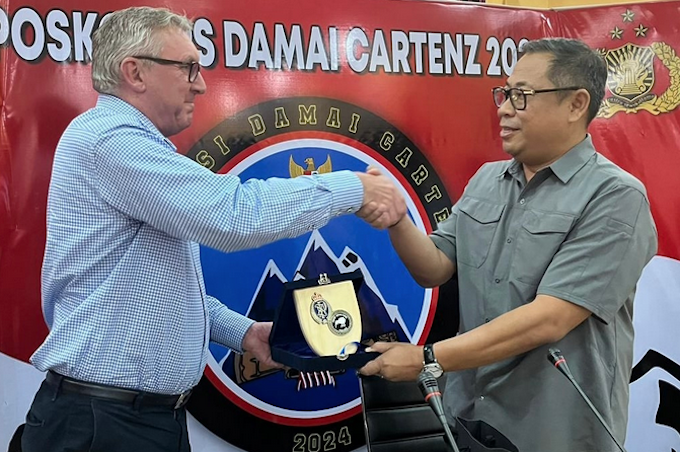
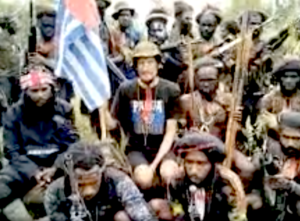
 Follow our LIVE coverage:
Follow our LIVE coverage: 